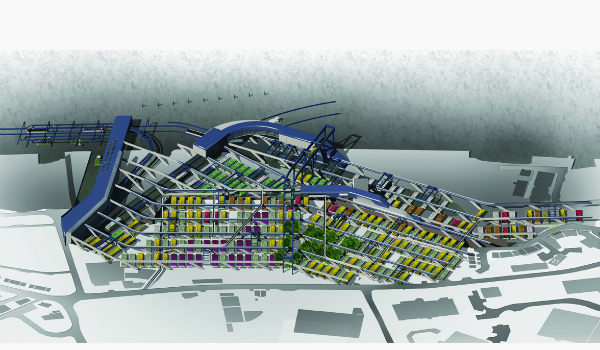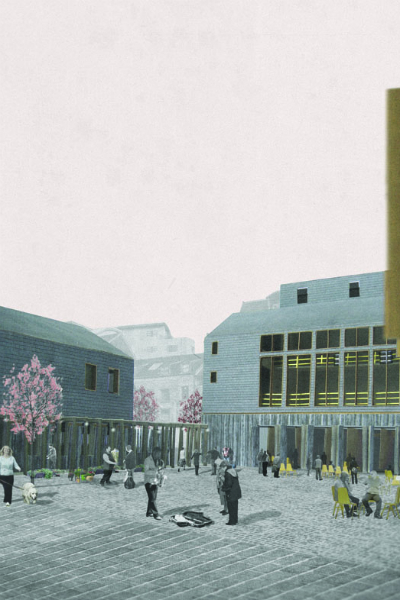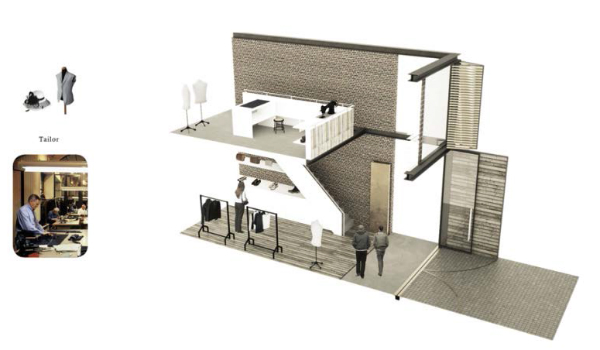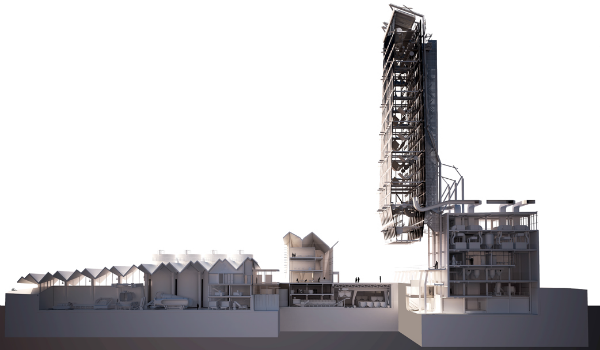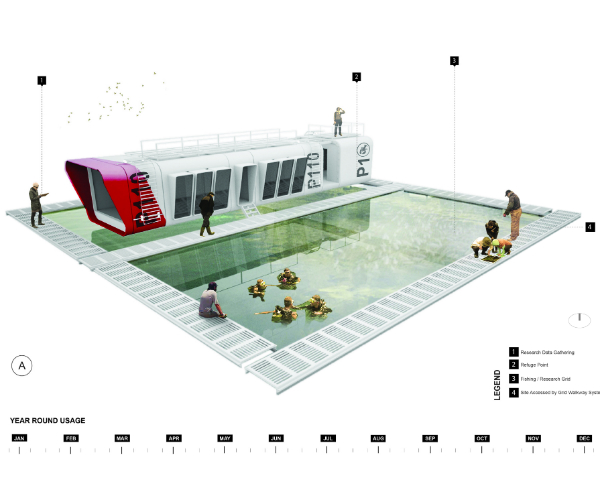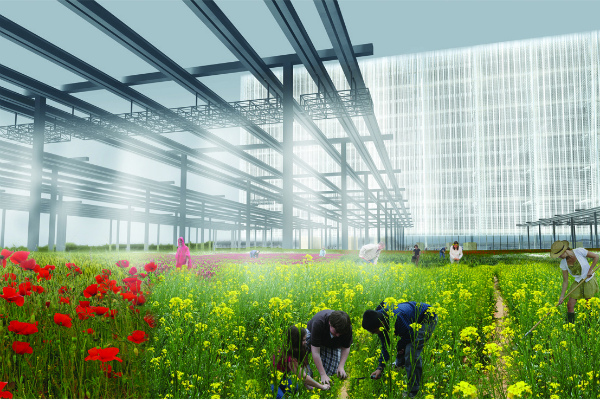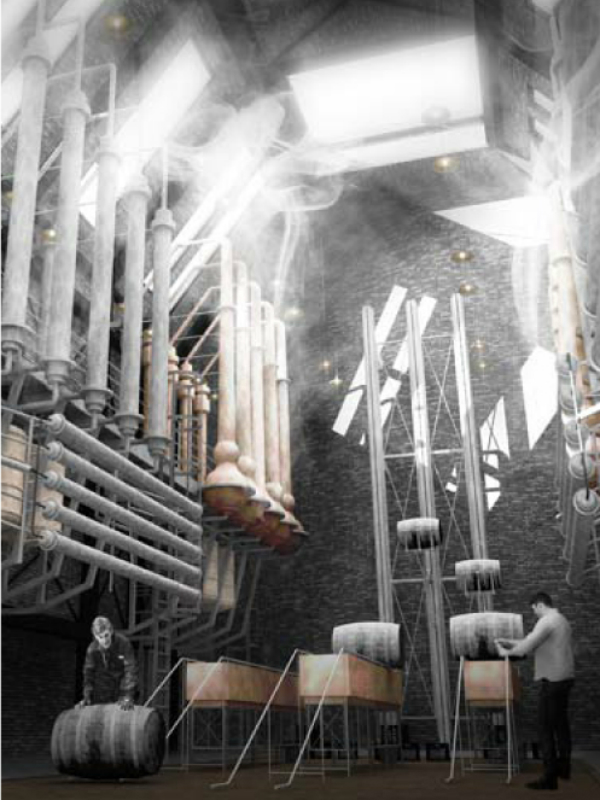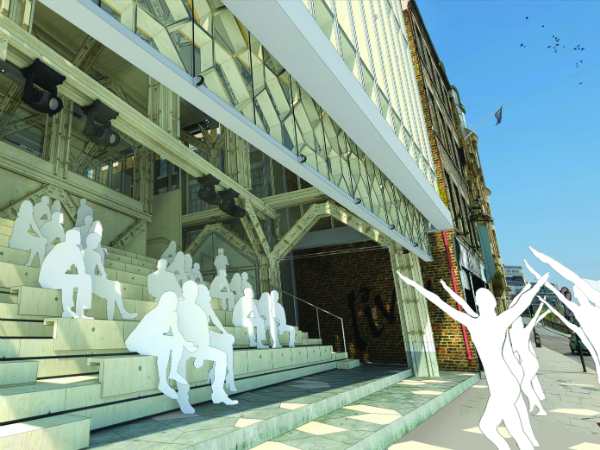-
Study
Study
Interested in studying at Northumbria? With 31,500 students, Northumbria is one of the largest universities in the country, offering courses on either a full-time, part-time or distance learning basis.
Discover more-
Undergraduate
- Undergraduate Study Degree
- Undergraduate Open Day & Events
- Application Guides
- Northumbria University UCAS Exhibitions
- Foundation Years
- Undergraduate Fees & Funding
- School & College Outreach
- Continuing Professional Development
-
Postgraduate
- Postgraduate Study Degree
- Postgraduate Research Degrees
- Postgraduate Open Days and Events
- Postgraduate Fees & Funding
- Flexible Learning
- Thinking about a Masters?
- Continuing Professional Development
- Change Direction
-
Student Life
- The Hub - Student Blog
- Accommodation
- Life in Newcastle
- Support for Students
- Careers
- Information for Parents
- Students' Union
- Northumbria Sport
-
-
International
International
Northumbria’s global footprint touches every continent across the world, through our global partnerships across 17 institutions in 10 countries, to our 277,000 strong alumni community and 150 recruitment partners – we prepare our students for the challenges of tomorrow. Discover more about how to join Northumbria’s global family or our partnerships.
Discover more-
Applying to Northumbria
- European Union
- Our London Campus
- Northumbria Pathway
- International Events
- Entry Requirements
- Agent Network
-
Northumbria Language Centre
- Faculty Requirements
- Acceptable English Requirements
- Pre-Sessional English and Study Skills
- Academic Language Skills Programmes (ALS)
-
International Fees, Funding & Scholarships
- International Undergraduate Fees
- International Undergraduate Funding
- International Masters Fees
- International Masters Funding
- International Postgraduate Research Fees
- International Postgraduate Research Funding
- International Money Matters
-
Life at Northumbria
- International student support
- The Hub - Student Blog
- Careers
-
International Mobility
- Current Northumbria Students
- Incoming Exchange Students
-
-
Business
Business
The world is changing faster than ever before. The future is there to be won by organisations who find ways to turn today's possibilities into tomorrows competitive edge. In a connected world, collaboration can be the key to success.
Discover more -
Research
Research
Northumbria is a research-rich, business-focused, professional university with a global reputation for academic quality. We conduct ground-breaking research that is responsive to the science & technology, health & well being, economic and social and arts & cultural needs for the communities
Discover more -
About Us
-
About Northumbria
- Our Strategy
- Our Staff
- Our Partners
- Student Profiles
- Alumni Profiles
- Leadership & Governance
- Academic Departments
- University Services
- History of Northumbria
- Contact us
- Online Shop
-
-
Alumni
Alumni
Northumbria University is renowned for the calibre of its business-ready graduates. Our alumni network has over 236,000 graduates based in 178 countries worldwide in a range of sectors, our alumni are making a real impact on the world.
Discover more - Work For Us
What will I learn on this module?
This module seeks to provide you with a focussed appraisal of the principles of architectural technologies and the social, environmental, ethical and technological principles and requirements of architectural practice, building upon the ‘Practice and Technology’ content taught in previous years. The critical justification and imaginative synthesis of constructional systems and environmental design with the social and ethical considerations of energy consumption and ecological impacts of adopted technologies will be central to this module. The systematic analysis of appropriate case studies and professional practices will underpin this approach. Structural, constructional, environmental and sustainable design criteria will be considered, allowing comparative analysis of current and possible solutions; you will consequently be required to propose solutions for your studio design project that can be rigorously justified in their application to factors such as structural performance; fire strategies; accessibility; and fabrication and assembly. Similarly, environmental consideration of daylighting; acoustic performance, ventilation, heating and cooling will require your justified argument for the design choices you will make. In recognition of the social, ethical and environmental responsibilities of the architect, you will be encouraged to develop an understanding of sustainable design criteria and how these can be satisfied, while also meeting the aesthetic, functional and structural demands of your studio design project.
How will I learn on this module?
This module will build upon the technological, environmental and architectural practice content and principles that you have learned in years one and two in order to successfully apply this knowledge to your final year architectural studio design projects. The summative assignment is aligned to your design project, to evidence your critical choice and application of structural systems, construction technologies, professional practices and environmental tempering that demonstrates your appreciation of global stewardship. Taught content will present good practices, ethical considerations, and current and advanced technologies, informed by the programme’s close association with architectural practices and tutor-led research. Self-directed, inquiry-based learning will be supported by tailored sessions and activities, where peer teaching and evaluation will be employed to support your learning. Weekly tutorials with the design project tutors will contribute to an ongoing conversation between students and tutors to support the application of knowledge to the module assignment.
How will I be supported academically on this module?
You will be supported with structured guidance, enabling you to discuss and justify the rationale and application of your self-generated solutions for technological, environmental and practice-based proposals. You will be expected to develop these proposals through the critical synthesis of lecture content with studio discussions involving tutors and peers. Directed learning will focus your research, with independent learning essential in the investigation of themes and ideas applicable to your studio design project. Engagement in presentations and participation in group activities will be essential to your academic development and success. Feedback on formative work will be offered in multiple formats – informal / formal, oral / written / drawn - supplying tailored guidance for your personal approach. Written feedback will be provided at summative assessment points to help you reflect, develop and learn. Self-directed learning will be essential for your personal research, creative exploration and development of assignment work. An open-door policy provides further support should this be required. In addition, assignments, presentations, case studies and relevant associated module information and specific reading lists will be uploaded to the eLearning Portal (Blackboard), so that you can access module content when needed. The university library also offers support through its extensive physical and on-line resources, including guidance on developing academic study skills as provided by the Ask4Help facility.
What will I be expected to read on this module?
All modules at Northumbria include a range of reading materials that students are expected to engage with. The reading list for this module can be found at: http://readinglists.northumbria.ac.uk
(Reading List service online guide for academic staff this containing contact details for the Reading List team – http://library.northumbria.ac.uk/readinglists)
What will I be expected to achieve?
Knowledge & Understanding:
KU 1. You will demonstrate and critically apply a comprehensive understanding of theories, technologies, properties, processes and legislative controls which impact upon the construction of buildings
KU 2. You will exhibit skills of independent learning and research in the evaluation and proposal of architectural and environmental technologies towards sustainable and ecological solutions
Intellectual / Professional skills & abilities:
IPSA 1. You will apply critical inquiry in the choice and design of technological solutions that synthesize formal, functional, and sustainability aims in architectural design
Personal Values Attributes:
PVA 1. You will propose and employ appropriate visual and written communication methods and media to represent the analysis, critical appraisal and resolution of complex design problems
PVA 2. You will develop a personal understanding and engagement with the ethical, professional and social responsibilities of a design professional within a multidisciplinary environment
How will I be assessed?
Formative assessment for learning will provide advice and feedback on work in progress, delivered through formal and informal seminar and studio-based activities, with the aim of supporting learning and application of knowledge.
Summative assessment will be through the production of a comprehensive technical design exercise which assesses all module learning outcomes
KU1, KU2, IPSA1, PVA1, PVA2
Feedback will be offered in verbal, written and drawn form, which will provide advice for further development and a critical appraisal of their work and performance. Moderation of summative assessment will take place at the end of the module.
Pre-requisite(s)
None
Co-requisite(s)
None
Module abstract
Within this module you will synthesise and apply holistic precepts and themes of architectural practice, construction, structure and environmental design. You will critically justify the material, spatial and technological choices made in your studio design project with regards to their ethical, social and environmental impacts. The production of a comprehensive technical design exercise will consolidate your learning from a blend of sources; research-led lectures, provided by experienced staff with practice and / or research expertise, present a variety of building types and scales; seminars and tutorials which demand the active engagement and collaboration of you and your peers; and self-directed inquiry into the appropriate technologies which can be employed towards achieving design quality and environmental stewardship. The content and scheduling of these sessions will be aligned week by week to provide focus towards the practical application of your learning and research in your studio design project. At the end of the module, students will produce high quality, professionally communicated technological, environmental and practice outputs. This demonstration of award year skills of inquiry, critical evaluation and professional application will form part of a comprehensive employability portfolio applicable to architecture and a host of other professions.
Course info
UCAS Code K100
Credits 20
Level of Study Undergraduate
Mode of Study 3 years full-time or 4 years with study abroad
Department Architecture and Built Environment
Location City Campus, Northumbria University
City Newcastle
Start September 2024 or September 2025
All information is accurate at the time of sharing.
Full time Courses are primarily delivered via on-campus face to face learning but could include elements of online learning. Most courses run as planned and as promoted on our website and via our marketing materials, but if there are any substantial changes (as determined by the Competition and Markets Authority) to a course or there is the potential that course may be withdrawn, we will notify all affected applicants as soon as possible with advice and guidance regarding their options. It is also important to be aware that optional modules listed on course pages may be subject to change depending on uptake numbers each year.
Contact time is subject to increase or decrease in line with possible restrictions imposed by the government or the University in the interest of maintaining the health and safety and wellbeing of students, staff, and visitors if this is deemed necessary in future.
Your Learning Experience
Find out about our distinctive approach at
www.northumbria.ac.uk/exp
Admissions Terms and Conditions
northumbria.ac.uk/terms
Fees and Funding
northumbria.ac.uk/fees
Admissions Policy
northumbria.ac.uk/adpolicy
Admissions Complaints Policy
northumbria.ac.uk/complaints


